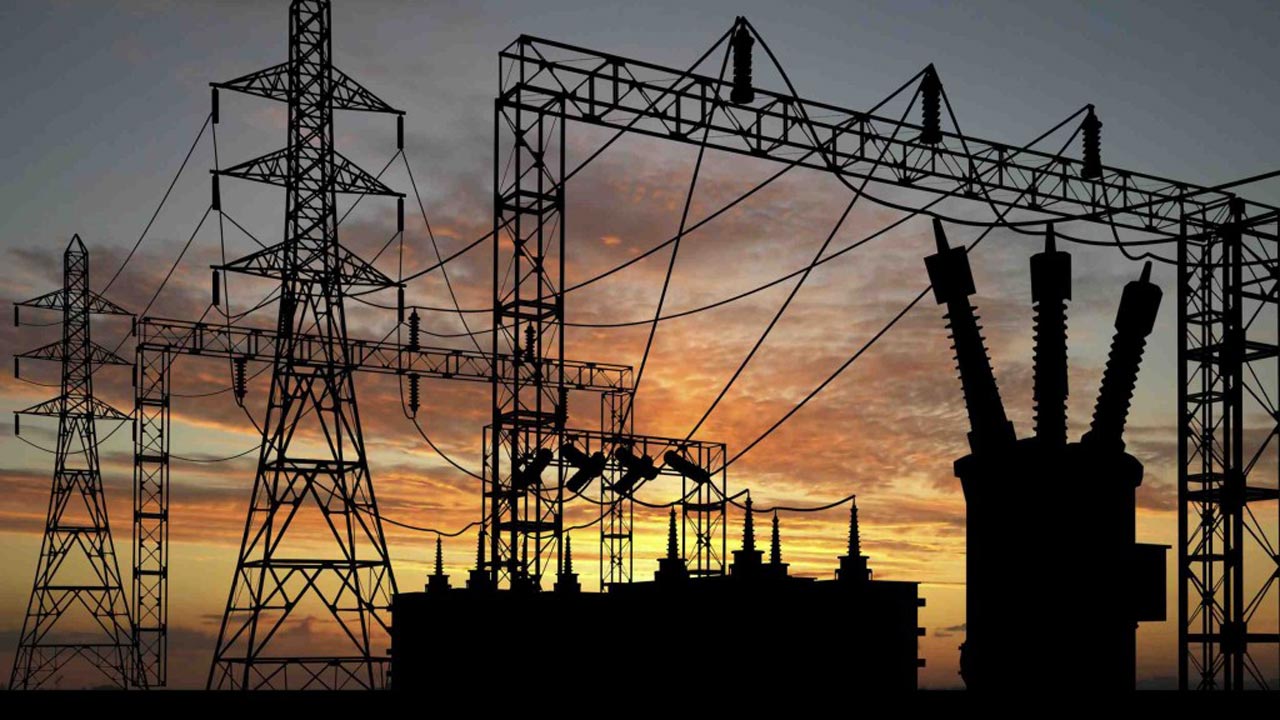Power sector in Nigeria may never be free of continual system collapses and outages unless the Federal Government resolves the shortage in its spinning reserve, fluctuating loads, and poor investment from Distribution Companies, DISCOs.
The development comes after the country experienced five power system failures in four months; occurring between February and April 2022.
Read Also: Nationwide Outage Persists As Power Generation Plummets To 2000MW
This was backed up by a report “To Spinning Reserve or Not to Spinning Reserve? The NESI Puzzle: Can We Save Our Machines? “issued by the government agency.
Nigerian Electricity Supply Industry (NESI) is an independent organization. It is tasked with ensuring the smooth running of the power sector in the country.
In its report, NESI noted:
Outages/grid collapses occur when there are system disturbances along the transmission line and the ready solution, which is calling up of ‘spinning reserve’ is not readily available and this is because there few or no incentivized providers of this service. International best practice recommends that 10 percent of the total generating capacity should be allowed for spinning reserve. Thus, the Nigerian grid requires up to 600MW.
The Instability in the grid over the years has led to several forced outages of the power system; as well as the consequent impact on the economic growth of the country due to unreliable power network. The grid disturbances primarily hinge around variations between generation and demand leading to frequency excursions. Often these frequency excursions are well outside the Grid Code operational limits of 50Hz ± 0.25Hz; and often exceed the ‘system stress’ limits of ±1.25Hz as shown by the snapshot of Nigerian grid frequency excursions.
It stressed;
Nigerian power system requires a minimum spinning reserve that is enough to cover the largest credible trip to secure the network. This is because the grid operators find it nearly impossible to keep the frequency within the Grid code required narrow band. Daily, the frequency varies from 51.5 Hz to 48.5 Hz as against Section 15.3.1 of the grid code, which states that the Frequency shall be maintained at 50 Hz.
The report further stated that the reason for low investment in the power sector on the part of the Generating Companies (GENCOs) is that they:
Do not believe that the DISCOs are significantly improving the quality of their Distribution feeders. This will be further buttressed during the upcoming raining season. A high quantity of feeders’ trip during the next raining season.
Hence, in addition to procuring spinning reserve, there is a need for adequate monitoring; and sanctioning of all participants who go outside the grid code specification.

